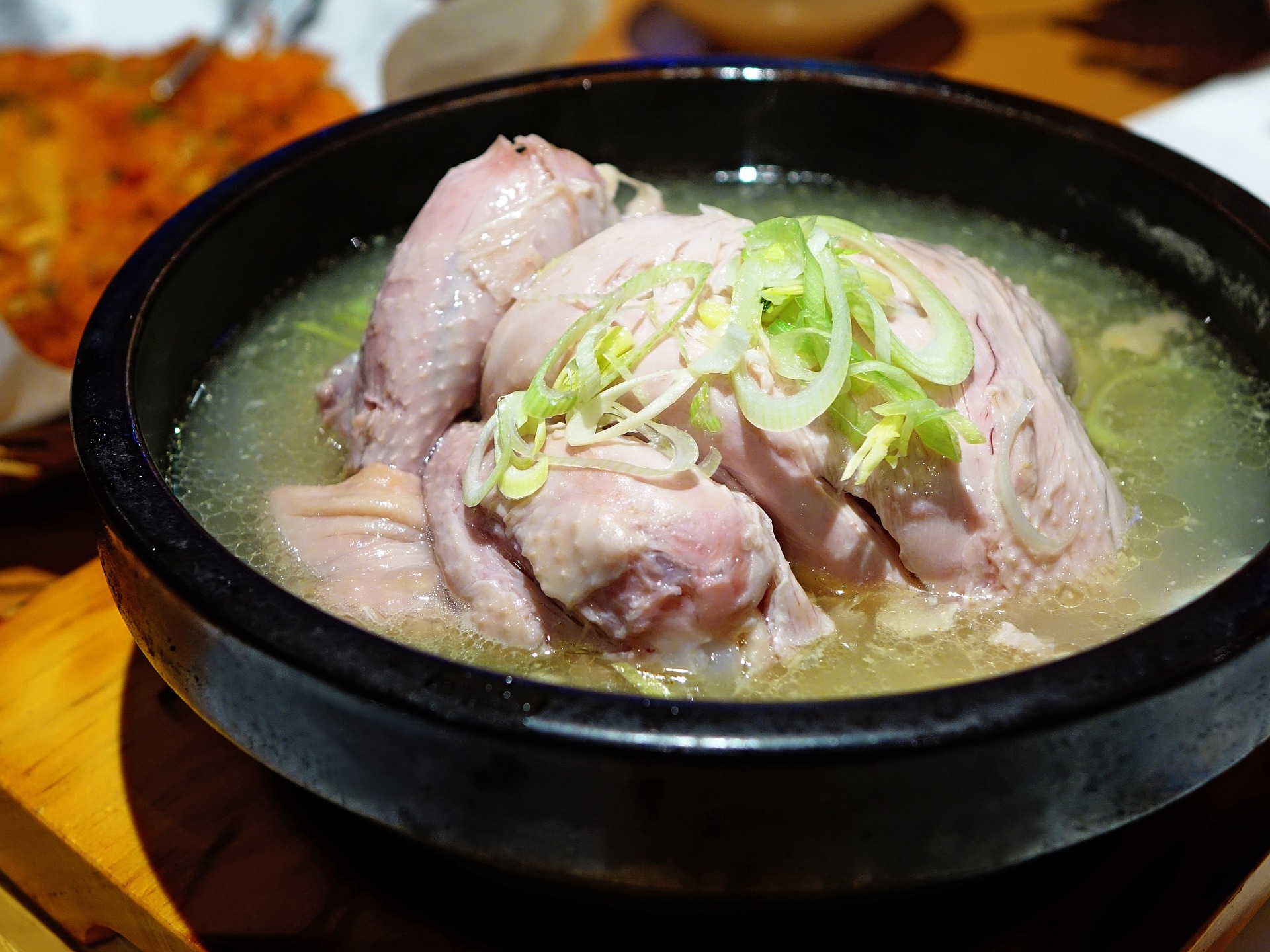
FOOD TO BOOST YOUR IMMUNE SYSTEM – DURING & AFTER COVID-19
Picture by Jason Goh by Pixabay
When I was doing my research about what topic to write, I stumbled across this article and thought to share it with you all.
While proper hygiene i.e. washing your hands often and keeping them away from your nose, mouth, and eyes (which serve as pathways for germs to enter the body) is the best defence against catching a contagious bug, here’s what science has to say about supporting a healthy immune system with food.
1. Citrus fruits
Oranges, grapefruits, lemons and limes are a great source of vitamin C, a potent antioxidant that plays a role in immune cell functioning (i.e. helps keep your immune system in good shape).
That said, peeling a single orange won’t do much to prevent you from getting sick or shorten the length of a cold. Developing a habit of eating a range of foods that contain vitamin C as well as a variety of antioxidants (like citrus fruits) can support overall health, according to a 2017 study review published in the journal Nutrients. Researchers also found that vitamin C deficiency is associated with impaired immunity and higher susceptibility to infections.
Another caveat: eating an orange beats drinking a glass of orange juice, since fruit is higher than juice in fibre, antioxidants, phytonutrients and prebiotics, all of which support health, London says.
2. Yogurt and other probiotics
The gastrointestinal tract and the trillions of bacteria that live there account for up to 60 percent of the entire immune system, says board-certified gastroenterologist Brittany Seminara, MD, who practices at Atrium Health in Charlotte, North Carolina.
Generally, the gut’s naturally-occurring bacteria aid in digestion and keep the lining of your gut healthy. However, medications, infections, illness, and other environmental factors (like what you eat) can disturb the balance of gut bacteria: one reason why it may be smart to consume beneficial bacteria known as probiotics, which are available as supplements or in foods like yogurt and fermented foods.
3. Beans and other foods with prebiotic fibre
Fibre, or carbohydrates that pass through the digestive tract to promote healthy digestion and elimination, is an essential part of a nutritious diet.
Eating prebiotic fibre, a type that helps to feed the healthy bacteria found in your gut, may play a role in supporting immune system functioning. Foods containing prebiotic fibre include beans, onions, leeks, garlic, whole grains (including oats), cashews, soy and fruits such as bananas.
4. Shellfish and other foods high in zinc
A nutrient that is essential for proper immune system functioning, zinc is found in a whole bunch of tasty foods including oysters (the best source of zinc per serving), mussels and other shellfish, yogurt, milk, poultry, red meat, beans, nuts, ginger, tumeric and wholegrains.
While most people get enough zinc through diet, when you’re trying to outrun a virus, supplementing with zinc (at least 75 mg per day) from the onset of a cold until it’s gone could help you feel better faster, according to a meta analysis of seven randomised controlled trials featuring 575 participants who’d been diagnosed with colds.
The bottom line
If you really want to help the body maintain a healthy immune system, having a diet rich in wholegrains, fresh fruits and vegetables, lean meats, fish, eggs and dairy year-round (particularly during cold and flu season) is vital, Dr. Seminara says.
It’s also worth repeating: make sure to wash your hands properly (i.e. with soap for at least 20 seconds) and keep them away from your face. Avoid others who are sick, and disinfect places or objects touched by many people (like door handles, phones and keyboards) before using them. Paired with a balanced diet rich in essential nutrients, these habits can help you stay well.
Reference: https://www.weightwatchers.com/
My book – HOW TO LIVE WITH SICKLE CELL: Sickle Cell and I (is now available on OkadaBooks and Amazon). Pls get your copy.







